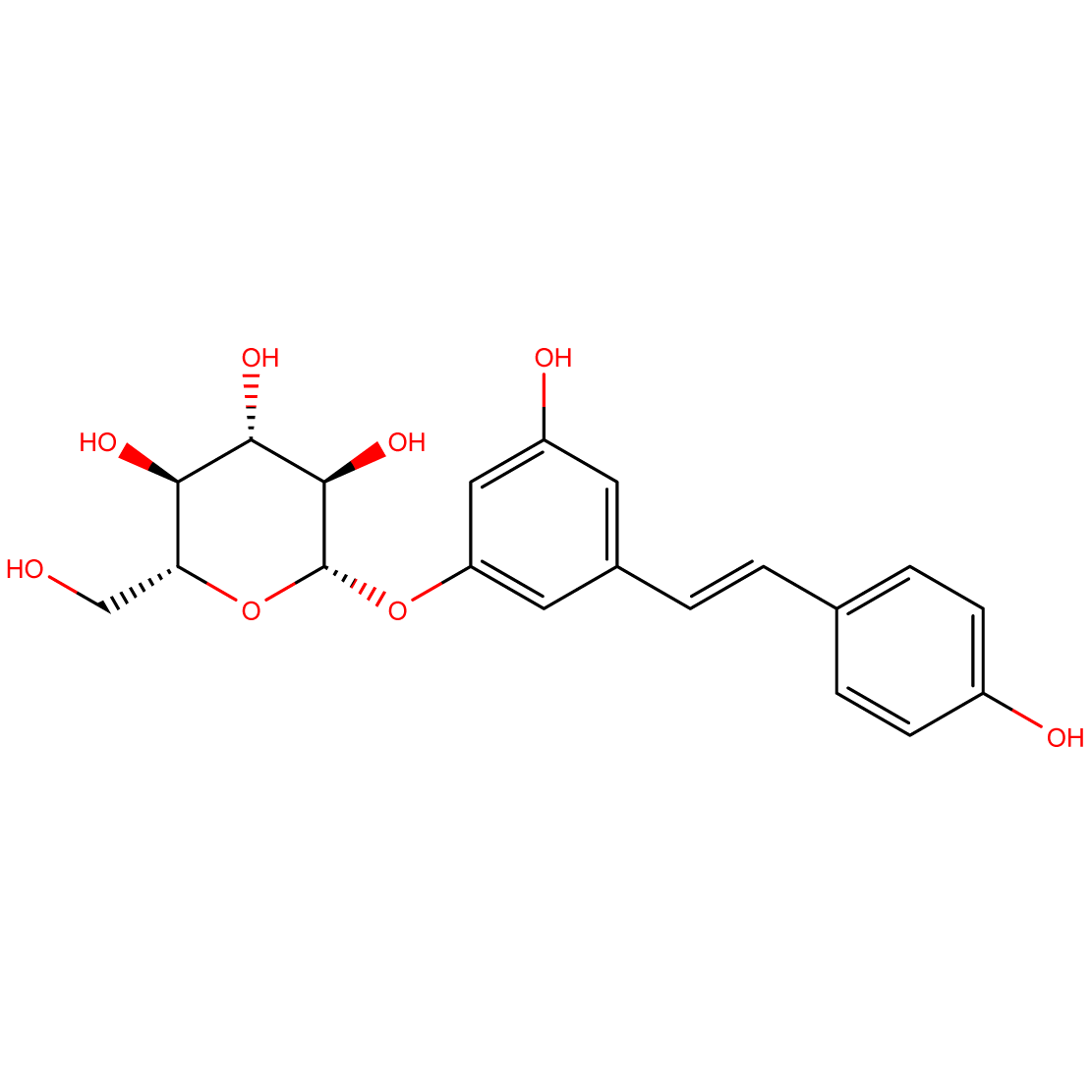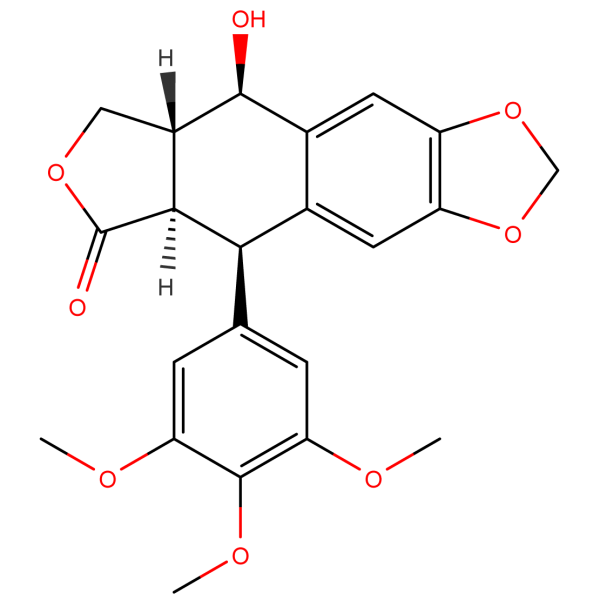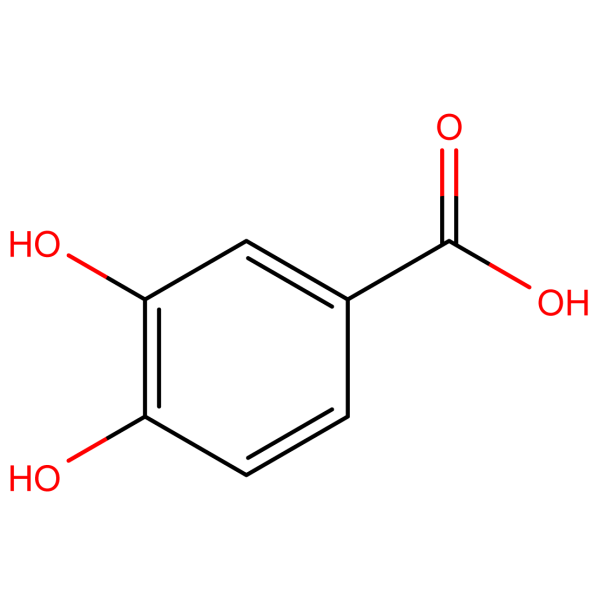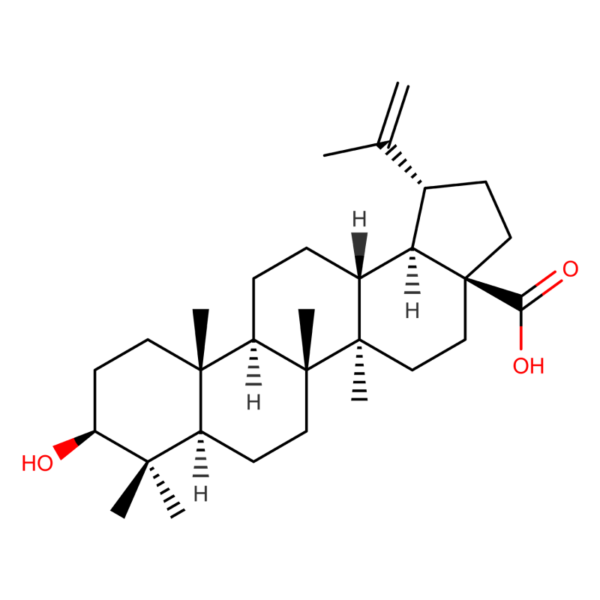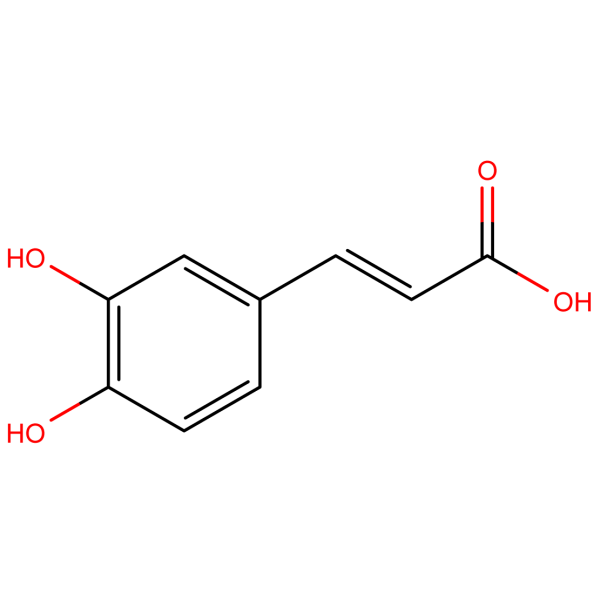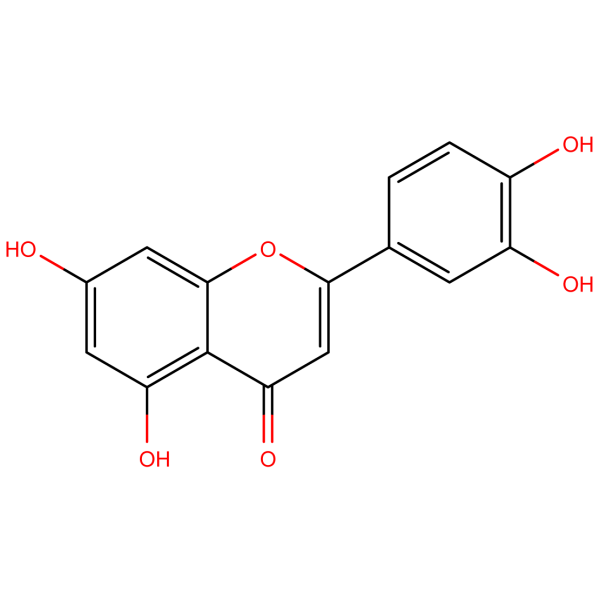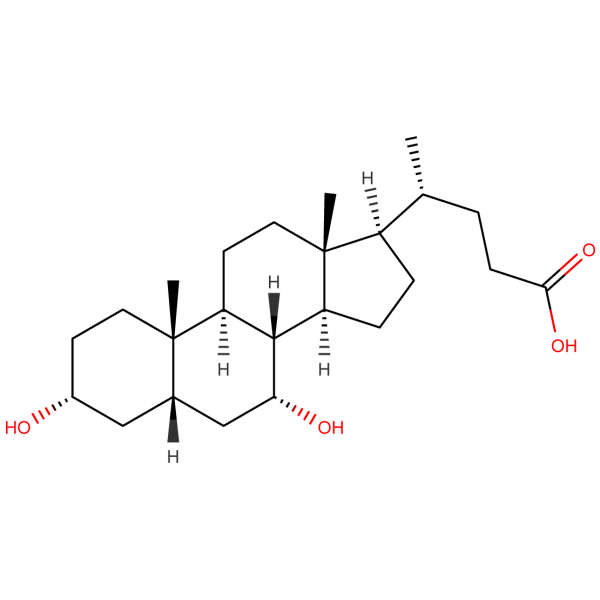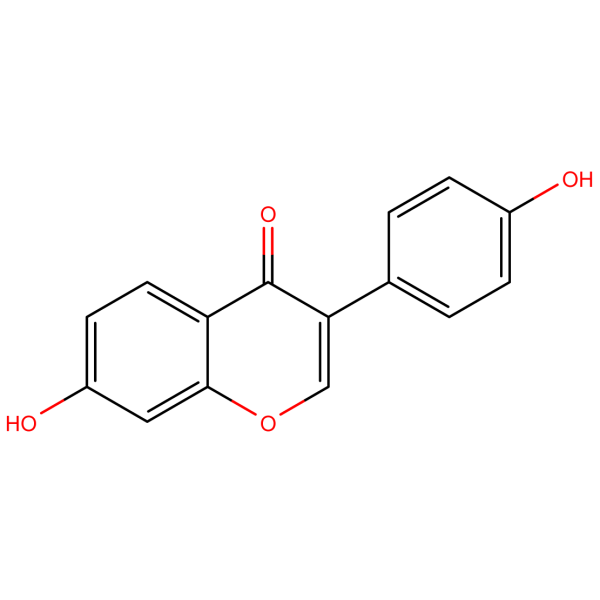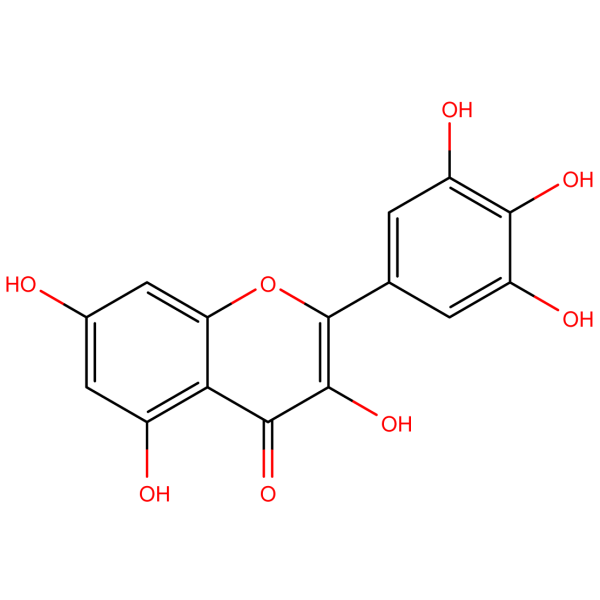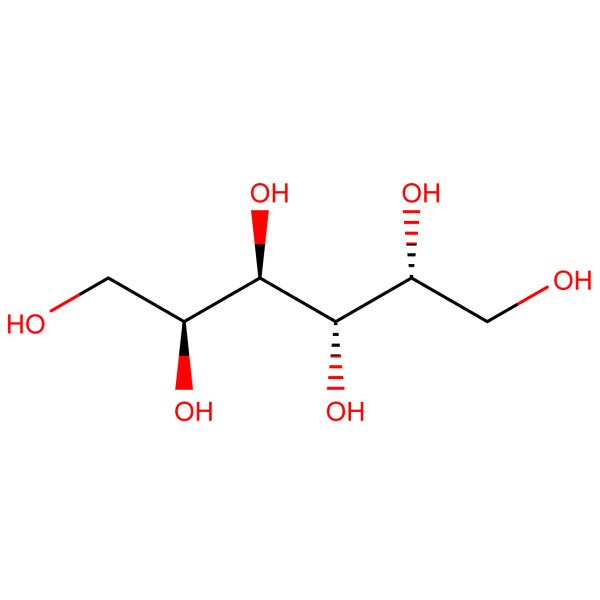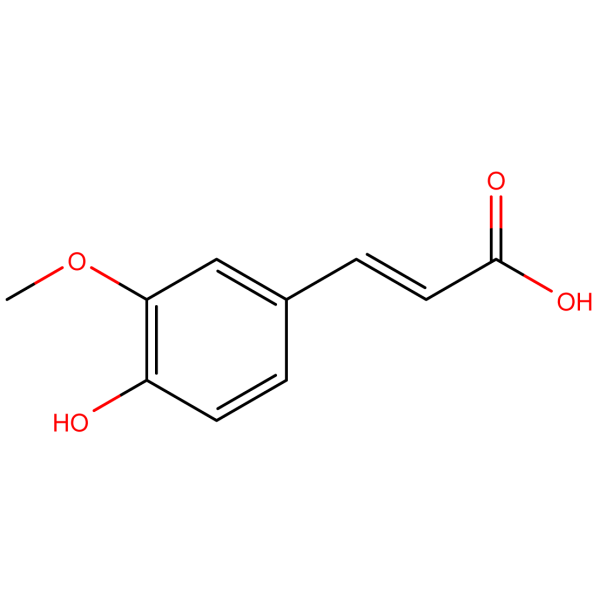Polydatin: Potent Natural Stilbenoid for Advanced Biomedical Research
1. Molecular Identity
- Chemical Name: 3,4′,5-Trihydroxystilbene-3-β-D-glucoside
- CAS Number: 65914-17-2
- Source: Naturally occurring in grapes, peanuts, and Polygonum cuspidatum (Japanese knotweed)
2. Biochemical Significance
Polydatin , also known as piceid, is a natural precursor of resveratrol with diverse biological activities. Its unique molecular structure contributes to its potent antioxidant, anti-inflammatory, and potential cardioprotective properties, making it a compound of significant interest in pharmaceutical research and nutraceutical studies.
3. Key Properties of Polydatin
- Antioxidant: Exhibits strong free radical scavenging ability
- Anti-inflammatory: Demonstrates potential to modulate inflammatory pathways
- Cardioprotective: Shows promise in improving cardiovascular health
- Neuroprotective: Indicates efficacy in protecting neuronal cells
4. Potential Research Applications
- Cardiovascular disease studies
- Neurodegenerative disorder investigations
- Cancer prevention and treatment research
- Metabolic syndrome and diabetes studies
5. Current Research Focus
Ongoing studies are investigating Polydatin’s effects on:
- Oxidative stress and cellular antioxidant mechanisms
- Inflammatory signaling pathways in various tissues
- Cardiovascular function and lipid metabolism
- Glucose homeostasis and insulin sensitivity
6. Formulation Challenges and Innovations
Researchers are actively working on:
- Enhancing bioavailability through novel delivery systems
- Developing stable formulations for various applications
- Creating synergistic combinations with other natural compounds
7. Regulatory Considerations
Polydatin (CAS 65914-17-2) is primarily used in research settings and as a dietary supplement in some countries. Its development for specific therapeutic applications would require comprehensive safety and efficacy evaluations to meet regulatory standards.
8. Future Research Directions
The scientific community anticipates:
- Advanced clinical trials for cardiovascular and metabolic disorders
- Exploration of Polydatin’s potential in combination therapies
- Investigation of its mechanisms of action at the molecular level
9. Collaborative Opportunities
We invite cardiologists, neurologists, oncologists, and academic institutions to explore the research potential of Polydatin. For inquiries, collaborations, or to discuss how this compound can benefit your research projects, please contact us at sales@nstchemicals.com.
Join us in advancing biomedical research with Polydatin – a powerful natural stilbenoid at the forefront of natural product-based therapeutic strategies.

